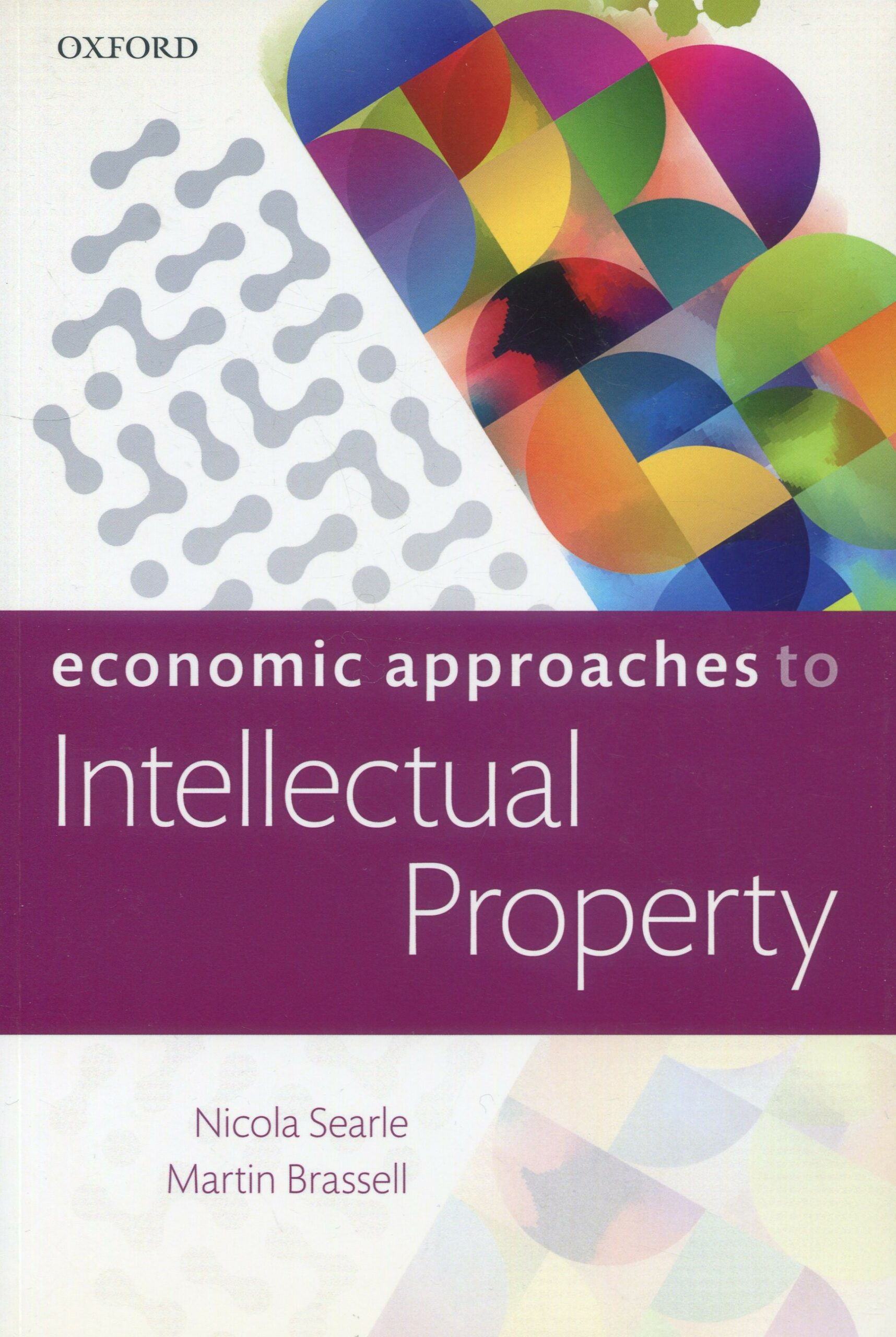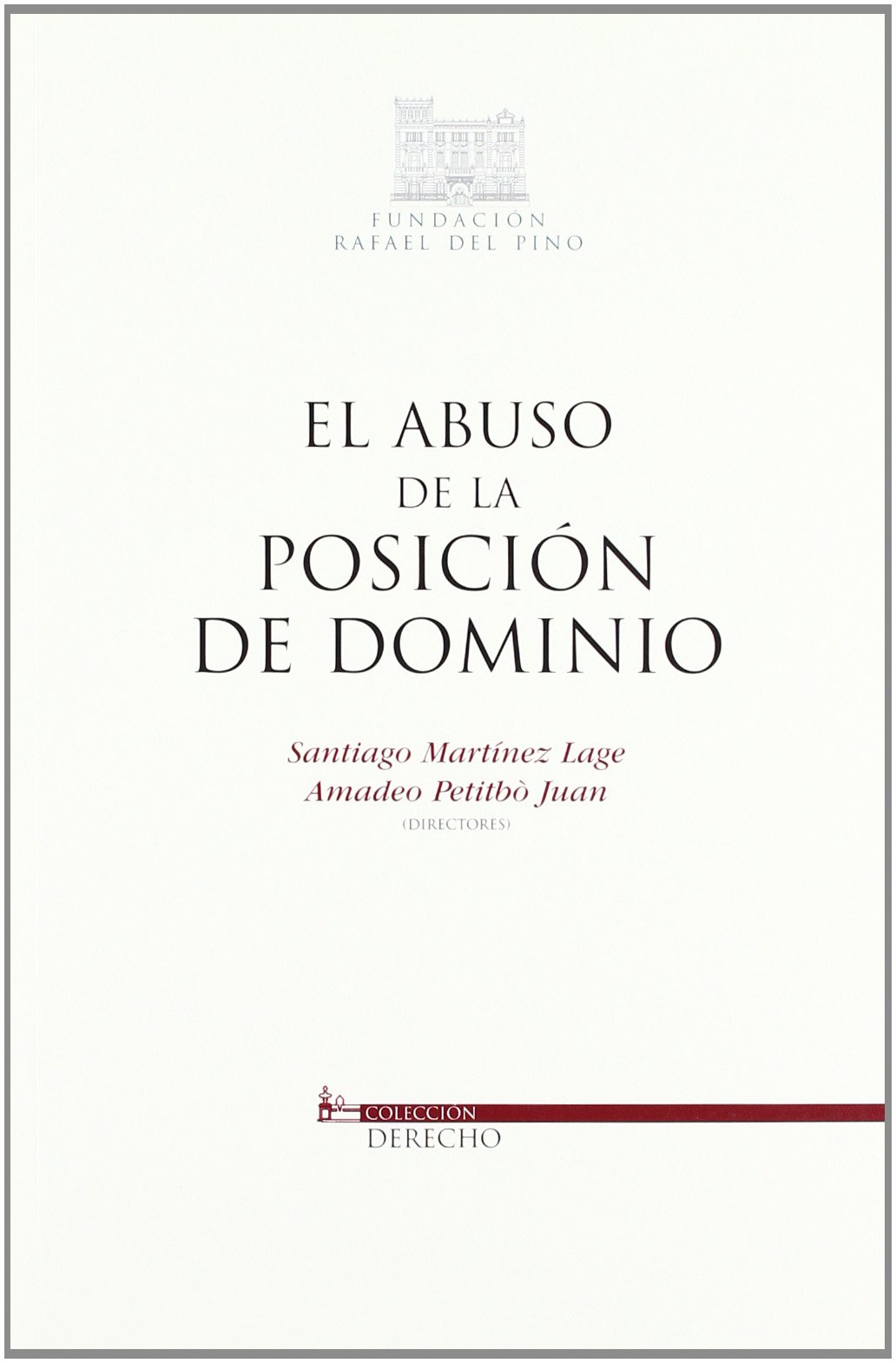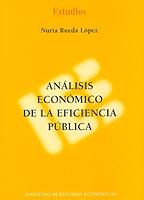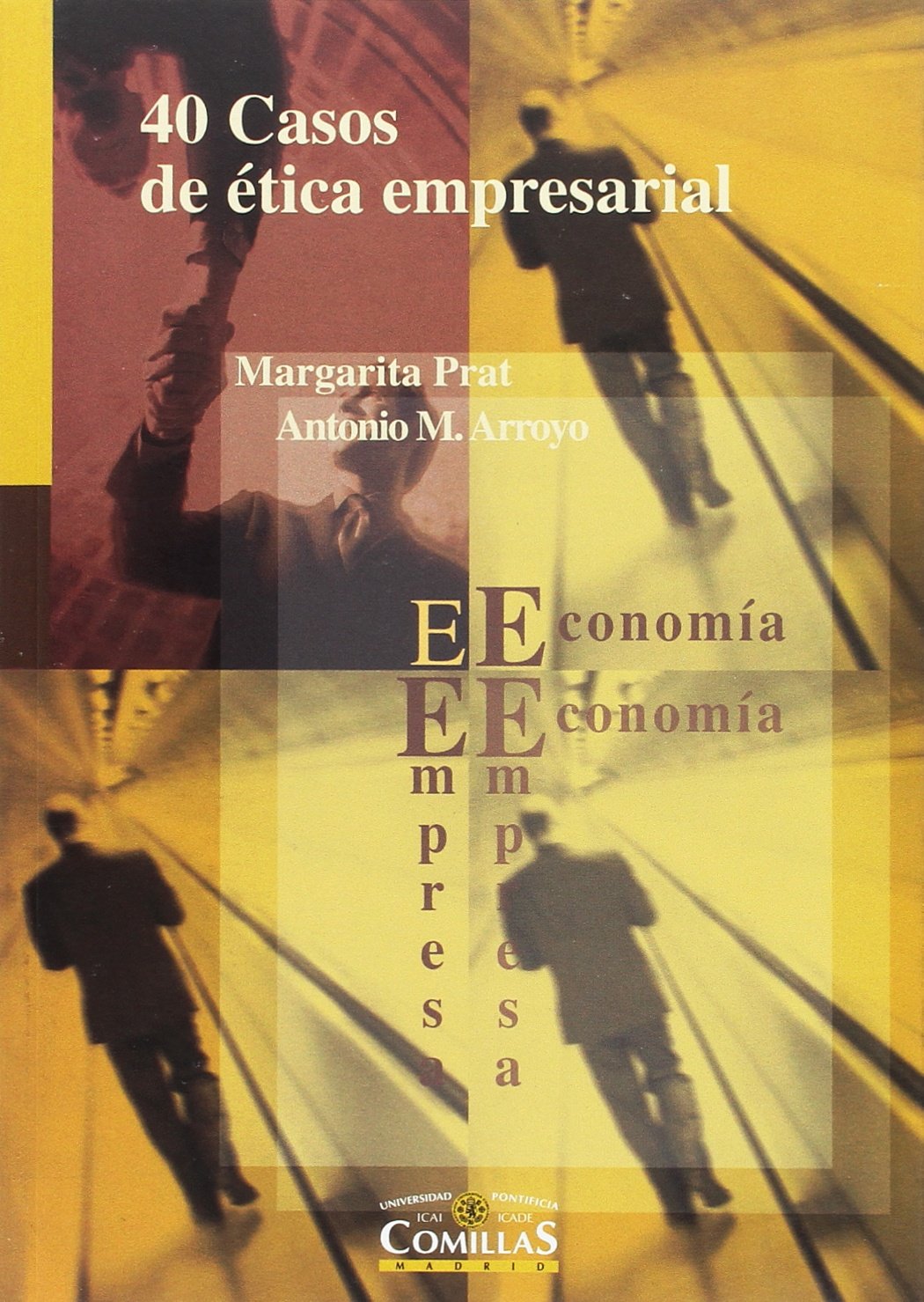Economic Approaches to Intellectual Property *
Intellectual property has traditionally been a matter for the legal professions, but with the shift to evidence-based policy, the global economic upheaval, and the advent of the digital age, intellectual property is increasingly informed by economic perspectives.
This book offers provide a clear and practical guide to economic approaches to intellectual property, written for a legal audience. It introduces basic concepts in economics and finance that inform the law of intellectual property. Topics discussed offer additional perspectives include the economics of innovation, development, crime, law, industrial organization and welfare. Next, it considers the economics of specific intellectual property rights, including copyright, patents, trademarks, trade secrets, geographical indicator and design rights, as well as a section on competition. Finally, a section on applied approaches to the valuation of IP will help readers to understand the use of these topics in practice.
This practical guide offers readers a better understanding of economic debates in intellectual property, as well as tools to enhance their ability to critique evidence-based policy.
Table of Contents
Part I: Introduction
1. Overview
2. Debates in economics of IP
Part II: Introduction to Economics
3. Executive Summary
4. Principles of economics
5. Economic theories of IP
6. Economic research techniques
7. Evidence-based policy
8.
Part III: Economics of Property Rights
9. Executive Summary
10. Patents
11. Copyright
12. Trademarks
Auttores
Nicola Searle, UK Intellectual Property Office, University of St Andrews,Martin Brassell, Chief Executive, FRSA, Inngot
Martin Brassell is co-founder and Chief Executive of Inngot.
OTROS LIBROS DE ECONOMÍA







